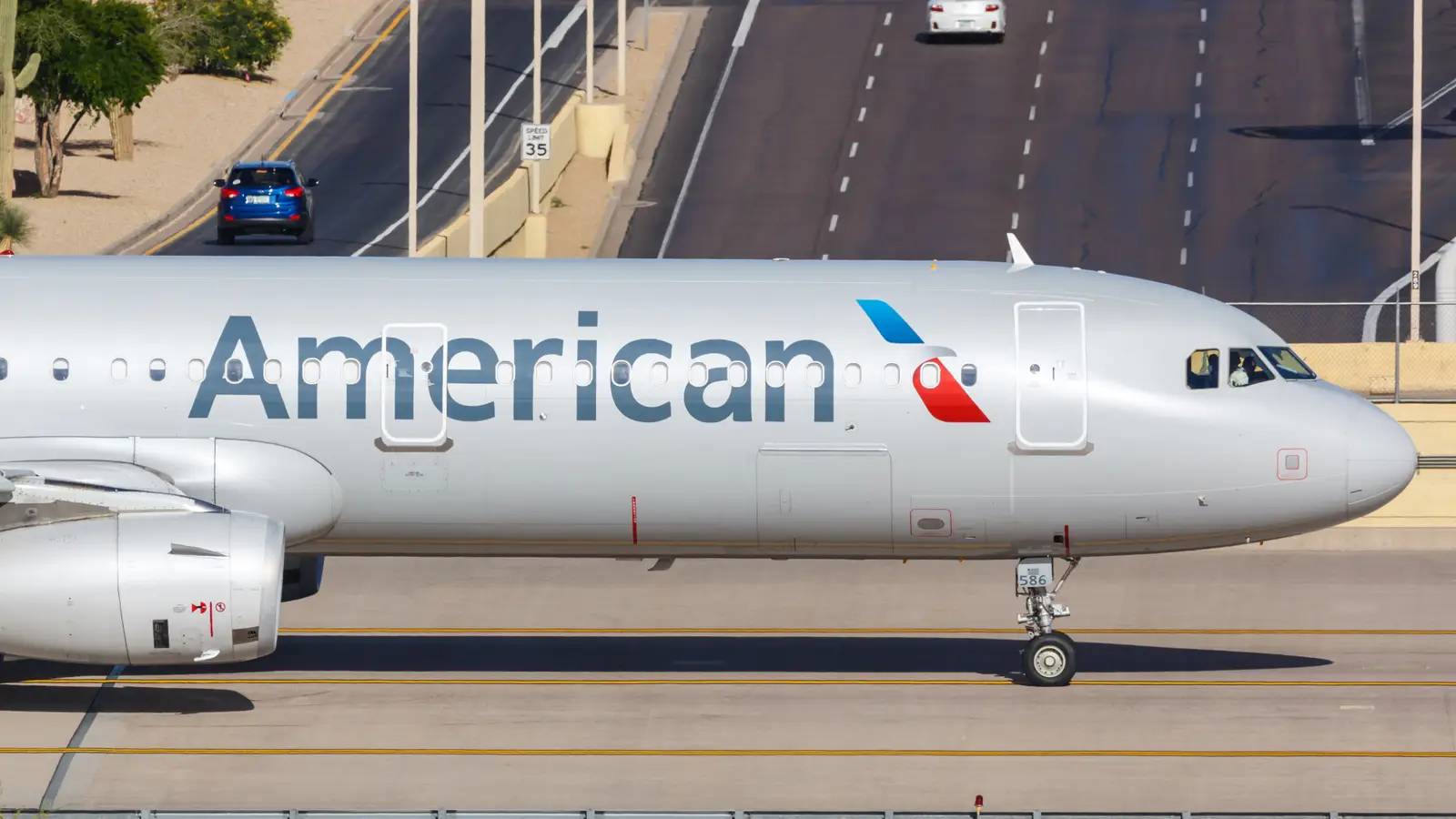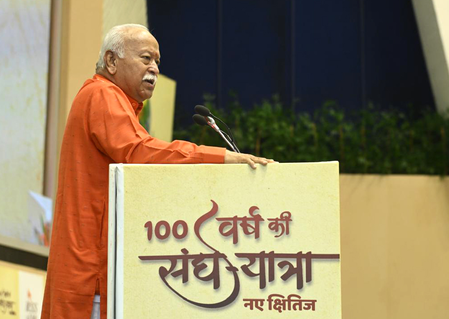Former American Airlines CEO Shares His Perspective On Recruiting Pilots From Underrepresented Backgrounds

Recently, we had the opportunity to speak to two of the aviation industry’s most influential figures, both of whom are currently playing a key role in helping recruit young talent into the aviation industry’s pilot and mechanic career pipeline. The first of these figures was Doug Parker, the former CEO of American Airlines, who brought 35 years of experience in the commercial airline industry to the table. The second was Rob Polston, the current CEO of Spartan College of Aeronautics & Technology.
Since retirement, Doug has led Breaking Down Barriers, a non-profit organization that helps individuals from underprivileged backgrounds gain exposure to the aviation industry. Rob Polston’s Spartan College of Aeronautics & Technology provides mechanic training and pilot training to the next generation of talented leaders all across the US aviation industry and the globe. We discussed the challenges facing the aviation industry’s global talent pipeline.
A Major Issue Facing The Industry
A global shortage of pilots is undoubtedly a key challenge that the global aviation industry is facing. According to statistics published by consulting firm Oliver Wyman, 62% of global airlines listed a pilot shortage in the years following the COVID-19 pandemic. Ex-American Airlines Chief Doug Parker was quick to acknowledge this real shortage, noting that it was a big issue beginning to face American towards the end of his tenure.
There are a number of issues that a shortage of pilots raises for the aviation industry. From an operational standpoint, a lack of pilots prevents an airline from being able to scale quickly and to expand its network as it sees fit. Furthermore, any time that there is an operational disruption (such as a mechanical delay or a weather event), a shortage of pilots makes it harder for an airline to limit the ripple effects such a disruption can have. Polston shared what he sees as the principal barrier to entry in the industry:
“The reason that it isn’t is because if you want to get money for flight training, you have to either go to a university and spend a lot of money to get a bachelor’s degree or a master’s degree, even in aviation management. And do and go that route, where it’s very expensive.”
Breaking Down Barriers & Spartan College
Doug Parker remarked that during the final years of his time at American Airlines, there was a notable shortage of pilots from underrepresented backgrounds. As he entered retirement, he sought to make a difference in communities by introducing them to the world of flight and mechanic training.
Parker highlighted a lack of awareness of pilot and mechanic training availability in underprivileged communities across the United States, and further noted extraordinarily low numbers of minorities in the cockpit and on the tarmac. Both he and Polston also pointed out that a lack of federal loan availability for pilot or mechanic training further contributed to this shortage, in addition to an arduous interview process.
Breaking Down Barriers and Spartan College have collaborated to help expose young, talented individuals from underrepresented backgrounds to the dynamic world of flight training and mechanic instruction. Through this process, both Parker and Polston are actively helping identify the industry’s next generation of leaders.
What Is The Bottom Line?
At the end of the day, pilot shortages are one of the biggest issues the aviation industry is facing. The kinds of programs run by Polston at Spartan College and the team led by Parker at Breaking Down Barriers are providing young talent with critical exposure to the industry’s training pipelines.
However, it is important to highlight that more work remains to be done, a point both Parker and Polston are quick to acknowledge. The industry’s talent pipeline still faces major financial roadblocks, and becoming a pilot in America remains an arduous task.



